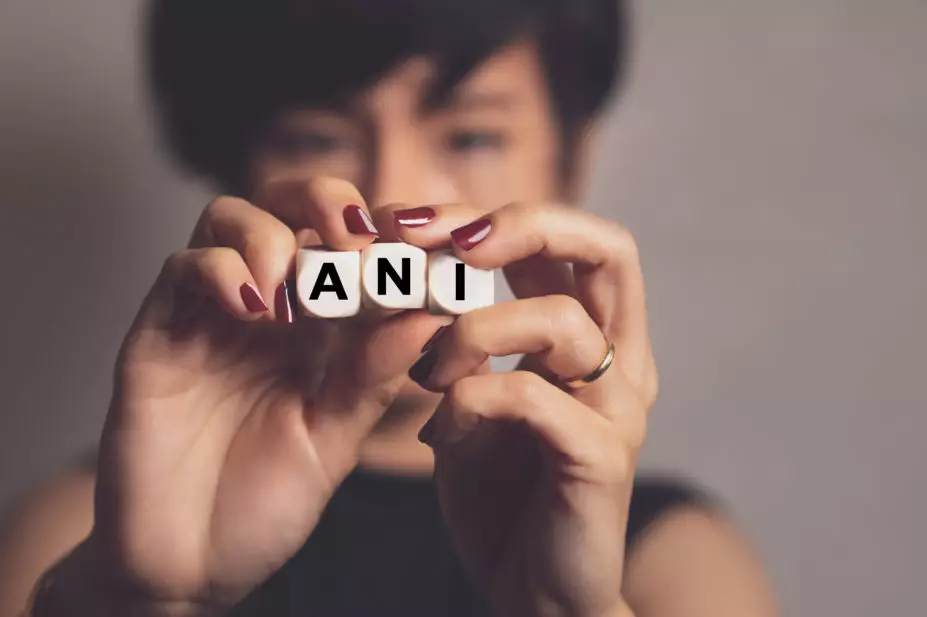
Mclean/Shutterstock.com
The reason I picked pharmacy as a career was — as cliché as it sounds — to help people. My favourite part of the day is consulting with patients, tailoring my consultation skills, and finding different ways to optimise their clinical plan. It makes my workday more interesting, and I feel like I’m doing something to change someone’s life.
However, over time, during my consultations, I have become increasingly aware that some of my patients are experiencing domestic abuse.
I recently had a patient who blamed his wife for not ordering his medication. I still remember the words exactly: “Stupid cow, why didn’t you order it? You’re my wife for a reason.” His words were shocking. At the time, I remember doubting myself, thinking it was perhaps unprofessional to speak up or wondering if I might make things worse. But I couldn’t hold back. I said: “Sorry to get involved, but you are responsible for your medication, if you can order it, and you shouldn’t be blaming others.”
The situation for millions of people experiencing domestic abuse has been made worse by COVID-19.
During the pandemic, the Office for National Statistics reported a 12% increase in the number of domestic abuse cases referred to victim support in the week lockdown restrictions eased in mid-May 2020, compared to the previous week, highlighting the difficulties victims faced in seeking support during the lockdown. And, between April and June 2020, there was a 65% increase in calls to the National Domestic Abuse Helpline, when compared to the first three months of that year.

I first became aware of this growing problem after watching a documentary on the issue, which left me disappointed in myself for not thinking about these victims sooner. As a healthcare professional, my focus during the pandemic was on protecting clinically vulnerable patients but I felt like it took my attention away from supporting those experiencing domestic abuse, who may have been unable to ask for help.
The next day at work, I received an email to register for the ‘Ask for ANI’ scheme, which started running in community pharmacies in January 2021. I took that as a sign and registered right away.
As part of the scheme, all pharmacists need to do is let patients know that they are using the codeword ANI (action needed immediately) by displaying a poster in the pharmacy. This will in turn inform abuse victims that they can discreetly ask for our help by using the codeword to use the consultation room to call the police or a domestic abuse helpline. The service documents provided to the pharmacy even give the necessary phone numbers.
Let’s be honest, our consultation rooms are not always occupied, so letting someone in need use it for those few minutes can make a drastic difference in their lives.
Our pharmacy — an independent pharmacy in Sheffield — has been offering the service since March 2021. So far, the service has yet to be used by local patients but nationally, as of 11 June 2021, 60 people have used pharmacy consultation rooms to get the assistance they need.
The training was simple to complete and it took less than an hour to read the necessary resources.
The ‘Ask for ANI’ scheme is an amazing service and I encourage every pharmacy to take part.
Pharmacies sit at the heart of our communities, and they are the first point of access for most patients, so it makes perfect sense for as many of us to offer the scheme as possible. So far, more than 5,000 pharmacies are taking part.
We are already identifying domestic abuse through consultations when providing a ‘morning after pill’ for a patient, for example. So, by providing this scheme, we are simply opening our arms to help more people.
Ask for ANI is designed to work alongside the ‘Safe Spaces’ scheme, which provides support for the pharmacist to signpost people experiencing domestic abuse to further guidance and advice. Part of our core role is to signpost our patients to further support when needed, so offering this scheme should just be a part of the job that we signed up for.
Let’s use ‘Ask for ANI’ as an opportunity to make people feel more comfortable in their local pharmacy. I am grateful to be in a place where I can provide this scheme. Let’s educate, empower and encourage each other to help patients further.
Ayah Abbass is pharmacy manager at an independent pharmacy in Sheffield
READ MORE: Thousands of pharmacies participate in domestic abuse codeword scheme


